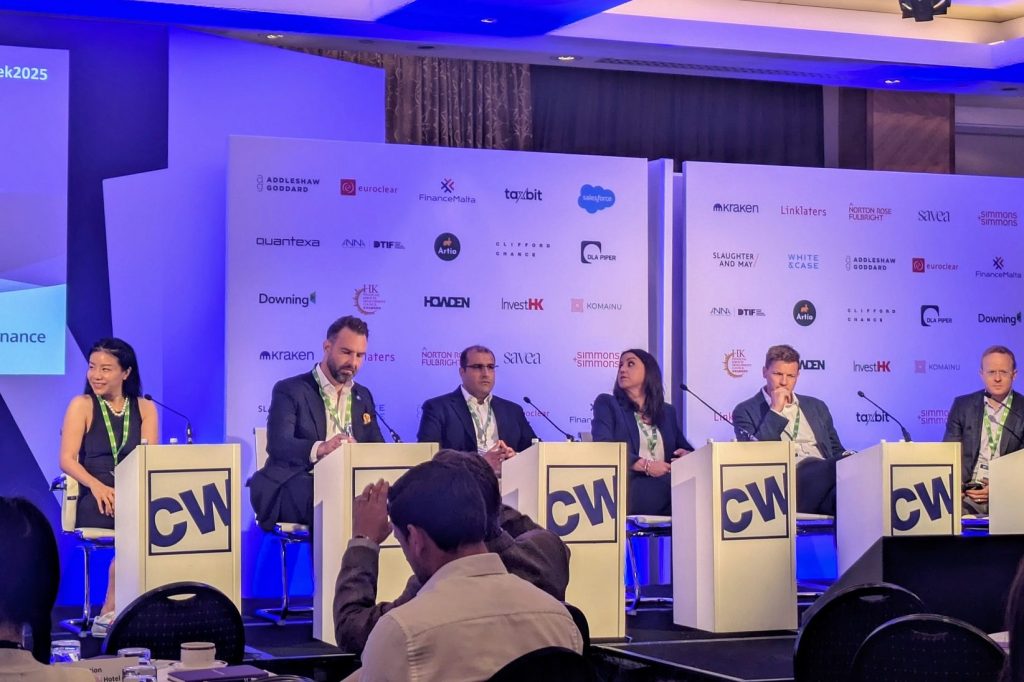As AI rapidly transforms the financial services industry, a recent City Week conference panel brought together prominent figures from Microsoft, IBM, Quantexa, 3C AGI Partners, and Salesforce to discuss its impact.
Moderated by Tim Hickman of White & Case LLP, the discussion highlighted the immediate opportunities and ongoing challenges of
Register for free to keep reading
To continue reading this article and unlock full access to GRIP, register now. You’ll enjoy free access to all content until our subscription service launches in early 2026.
- Unlimited access to industry insights
- Stay on top of key rules and regulatory changes with our Rules Navigator
- Ad-free experience with no distractions
- Regular podcasts from trusted external experts
- Fresh compliance and regulatory content every day













